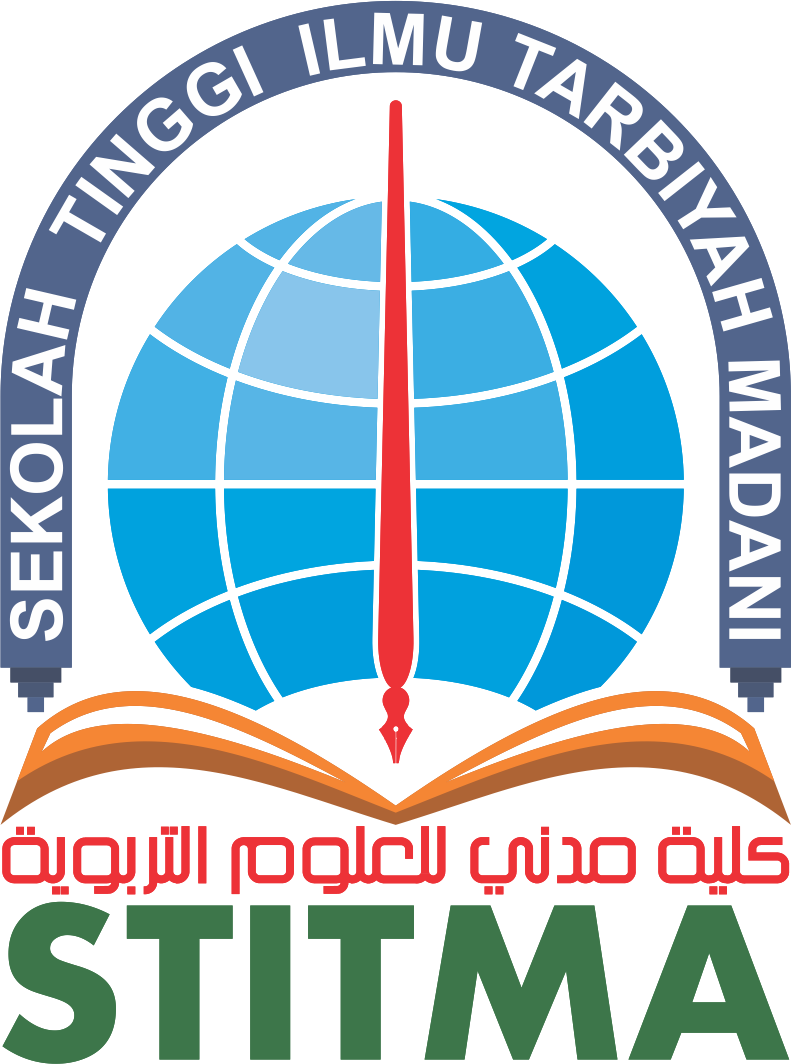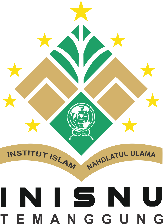Beyond Competence: Rethinking Education for Holistic Well-Being and Happiness
DOI:
https://doi.org/10.59944/postaxial.v3i1.429Keywords:
Happiness-based education, student well-being, holistic learning, social-emotional learning, educational reformAbstract
Traditional education systems often prioritize academic achievement and competency development while overlooking students' emotional well-being. However, increasing cases of stress, anxiety, and burnout among students highlight the need for a more balanced educational approach. This study explores the concept of happiness-based education, examining its impact on student motivation, engagement, and overall well-being. Using a qualitative approach with case studies and phenomenological analysis, the research investigates educational institutions that have successfully implemented happiness-centered learning models. Data were collected through in-depth interviews, classroom observations, and document analysis related to policies on student well-being. The findings indicate that integrating mindfulness, social-emotional learning, and value-based curricula significantly enhances both academic performance and students' psychological development. Despite its benefits, challenges such as curriculum adjustments, teacher training, and policy support remain obstacles to widespread implementation. This study concludes that collaborative efforts between educators, parents, and policymakers are essential for sustaining happiness-based education and ensuring a holistic learning experience. Future research should focus on cross-cultural comparisons and long-term outcomes of this educational mode
References
American Educational Research Association (AERA). (2011). Code of ethics. AERA Publications.
Braun, V., & Clarke, V. (2006). Using thematic analysis in psychology. Qualitative Research in Psychology, 3(2), 77–101.
Creswell, J. W., & Poth, C. N. (2018). Qualitative inquiry and research design: Choosing among five approaches (4th ed.). SAGE Publications.
Davidson, R. J., Dunne, J., Eccles, J. S., Engle, A., Greenberg, M., Jennings, P., ... & Vago, D. (2012). Contemplative practices and mental training: Prospects for American education. Child Development Perspectives, 6(2), 146-153. https://doi.org/10.1111/j.1750-8606.2012.00240.x
Denzin, N. K., & Lincoln, Y. S. (2018). The SAGE handbook of qualitative research (5th ed.). SAGE Publications.
Diener, E., Oishi, S., & Tay, L. (2018). Advances in subjective well-being research. Nature Human Behaviour, 2(4), 253-260.
Duckworth, A. L., & Seligman, M. E. (2005). Self-discipline outdoes IQ in predicting academic performance of adolescents. Psychological Science, 16(12), 939-944. https://doi.org/10.1111/j.1467-9280.2005.01641.x
Fitrianto, I. (2019). ماليزيا بجامعة دار السلام كونتور العام: KUISتنفيذ الدورة المكثفة في اللغة العربية لطلاب الكلية الجامعية الإسلامية العالمية بسلانجور 2018 (Doctoral dissertation, University of Darussalam Gontor).
Fitrianto, I. (2024). Critical Reasoning Skills: Designing an Education Curriculum Relevant to Social and Economic Needs. International Journal of Post Axial: Futuristic Teaching and Learning, 245-258.
Fitrianto, I. (2024). Innovation and Technology in Arabic Language Learning in Indonesia: Trends and Implications. International Journal of Post Axial: Futuristic Teaching and Learning, 134-150.
Fitrianto, I. (2024). Strategi Guru Pai Dalam Mengatasi Kesulitan Belajar Pada Mata Pelajaran Hadis Kelas 8 MTS Ibadurrahman Subaim. IJER: Indonesian Journal of Educational Research, 356-363.
Fitrianto, I., & Abdillah, F. M. (2018). MODEL PEMBELAJARAN PROGAM PEMANTAPAN BAHASA ARAB DAN SHAHSIAH (KEMBARA) KE 4 MAHASISWA KOLEJ UNIVERSITI ISLAM ANTAR BANGSA SELANGOR (KUIS) TAHUN 2018. University of Darussalam Gontor 15-16 September 2018, 121.
Fitrianto, I., & Hamid, R. (2024). Morphosemantic Changes in the Arabic Language in the Social Media Era: A Study of Neologisms and Their Impact on Youth Communication/التغيرات المورفوسيمانتية في اللغة العربية في عصر وسائل التواصل الاجتماعي: دراسة حول النيو لوغيزم وتأثيرها على تواصل الشباب. IJAS: International Journal of Arabic Studies, 1(1 September), 25-39.
Fitrianto, I., & Saif, A. (2024). The role of virtual reality in enhancing Experiential Learning: a comparative study of traditional and immersive learning environments. International Journal of Post Axial: Futuristic Teaching and Learning, 97-110.
Fitrianto, I., Hamid, R., & Mulalic, A. (2023). The effectiveness of the learning strategy" think, talk, write" and snowball for improving learning achievement in lessons insya'at Islamic Boarding School Arisalah. International Journal of Post Axial: Futuristic Teaching and Learning, 13-22.
Fitrianto, I., Setyawan, C. E., & Saleh, M. (2024). Utilizing Artificial Intelligence for Personalized Arabic Language Learning Plans. International Journal of Post Axial: Futuristic Teaching and Learning, 30-40.
Froh, J. J., Bono, G., & Emmons, R. A. (2019). Being grateful is beyond good manners: Gratitude and motivation to contribute to society among early adolescents. Emotion, 10(5), 752-763.
Helliwell, J. F., Layard, R., & Sachs, J. (2021). World Happiness Report 2021. Sustainable Development Solutions Network.
Jennings, P. A., & Greenberg, M. T. (2009). The prosocial classroom: Teacher social and emotional competence in relation to student and classroom outcomes. Review of Educational Research, 79(1), 491-525. https://doi.org/10.3102/0034654308325693
Kvale, S., & Brinkmann, S. (2015). Interviews: Learning the craft of qualitative research interviewing (3rd ed.). SAGE Publications.
Lee, S. J., & Larson, R. (2000). The Korean ‘examination hell’: Long hours of studying, distress, and depression. Journal of Youth and Adolescence, 29(2), 249-271. https://doi.org/10.1023/A:1005169004881
Lyubomirsky, S., King, L., & Diener, E. (2005). The benefits of frequent positive affect: Does happiness lead to success? Psychological Bulletin, 131(6), 803-855. https://doi.org/10.1037/0033-2909.131.6.803
Merriam, S. B., & Tisdell, E. J. (2016). Qualitative research: A guide to design and implementation (4th ed.). Jossey-Bass.
Noddings, N. (2013). Happiness and education. Cambridge University Press.
OECD. (2018). The future of education and skills: Education 2030. OECD Publishing. Retrieved from https://www.oecd.org/education/2030-project/
OECD. (2021). Education at a Glance 2021: OECD Indicators. OECD Publishing.
Patton, M. Q. (2015). Qualitative research and evaluation methods (4th ed.). SAGE Publications.
PISA. (2018). PISA 2018 results: What students know and can do. OECD Publishing. Retrieved from https://www.oecd.org/pisa/publications/pisa-2018-results.htm
Ryan, R. M., & Deci, E. L. (2000). Self-determination theory and the facilitation of intrinsic motivation, social development, and well-being. American Psychologist, 55(1), 68-78. https://doi.org/10.1037/0003-066X.55.1.68
Ryan, R. M., & Deci, E. L. (2020). Self-determination theory: Basic psychological needs in motivation, development, and wellness. Guilford Publications.
Sahlberg, P. (2011). Finnish lessons: What can the world learn from educational change in Finland? Teachers College Press.
Salmela-Aro, K., Muotka, J., Alho, K., Hakkarainen, K., & Lonka, K. (2022). Immersive learning and well-being in the digital age. Journal of Educational Psychology, 114(2), 342-357.
Seligman, M. E. P. (2011). Flourish: A visionary new understanding of happiness and well-being. Free Press.
Selwyn, N. (2020). Education and technology: Key issues and debates. Bloomsbury Publishing.
Thinley, J. (2012). Rethinking development: Gross National Happiness in Bhutan. Journal of Bhutan Studies, 27(1), 1-21.
UNICEF. (2020). The State of the World's Children 2020: Children, food and nutrition. UNICEF
World Economic Forum. (2020). The future of jobs report 2020. Retrieved from https://www.weforum.org/reports/the-future-of-jobs-report-2020
Yin, R. K. (2014). Case study research: Design and methods (5th ed.). SAGE Publications.






